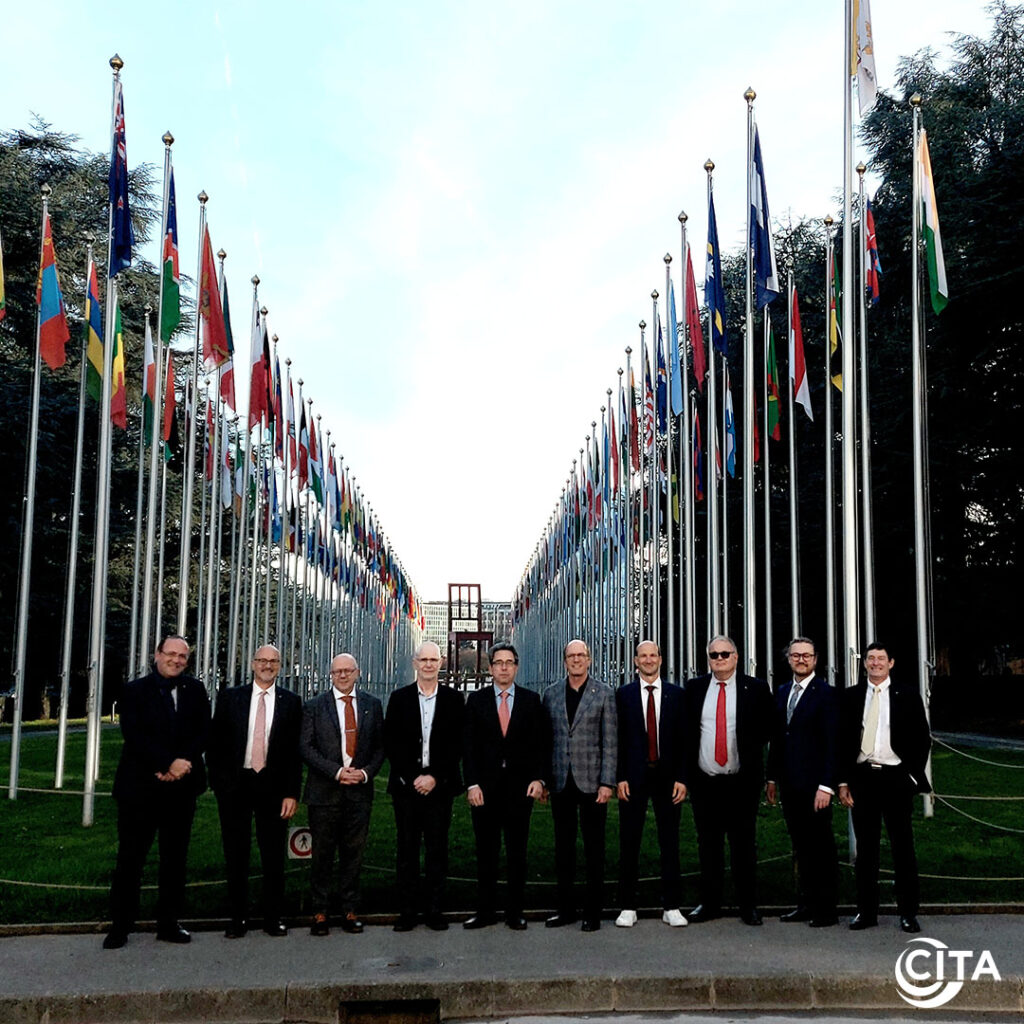86th session of the ITC

The 86th session of the Inland Transport Committee (ITC), themed “Taking ambitious climate action – Moving towards decarbonised inland transport by 2050,” was held from February 20 to 23, 2024, at the Palais des Nations in Geneva, Switzerland. This session covered various important topics related to inland transport, including climate action towards decarbonizing inland transport by 2050, road safety, and the implementation of the ITC strategy until 2030.
The session began with opening statements from notable figures like Ms. Hannie Meesters, ITC Chair, and H.E. Ms. Tatiana Molcean, Executive Secretary of UNECE. It included keynote speeches from international representatives, including the Minister of Infrastructure and Water Management from the Netherlands and the Secretary of Transportation from the United States, emphasizing global commitment to decarbonization.
Panel discussions delved into national visions for decarbonized transport, with speakers from various countries sharing their policy ambitions and strategies. An expert panel discussed perspectives beyond government, including insights from UNFCCC and the International Road Federation. The agenda also highlighted the synergies between climate change mitigation and urban development, and the role of international cooperation and intergovernmental support in achieving these goals. The session underscored the urgency and collaborative effort required to transform inland transport systems by 2050, aligning with climate action and sustainability goals.
This session of the ITC was also marked by the participation of the CITA Bureau Permanent, with a speech from Mr. Gerhard Müller, President of CITA. Mr. Müller emphasized the critical role of social acceptance and transparency in the decarbonization of road transport. He highlighted the importance of providing citizens with accurate and reliable information about the performance and status of hybrid and electric vehicles to avoid frustration and meet expectations.
CITA president pointed out the discrepancy between theoretical and actual fuel consumption values and the need for reliable indicators for policy-making. He stressed the importance of an impartial assessment of the batteries’ state of health to ensure fair trade and prevent environmental issues related to the disposal of worn batteries. His speech underlined CITA’s support for efforts towards a decarbonized vehicle fleet, echoing the session’s theme of ambitious climate action.
For more detailed information on the session, please visit the UNECE website.
